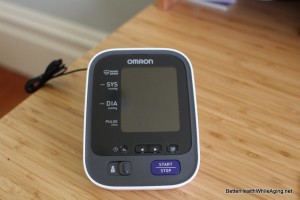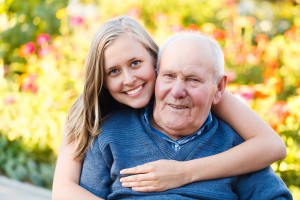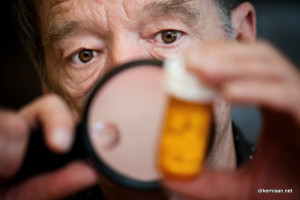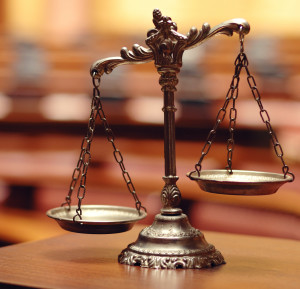In another article, I’ve explained the key reasons that I recommend older adults and their caregivers have a blood pressure (BP) monitor at home.
To very briefly recap:
- Many of the problems of older adults (including falls) can be related to blood pressure.
- Home blood pressure measurements can help:
- evaluate for drops in blood pressure with standing (a common cause of dizziness in elders)
- check for serious illness, since these often (but not always) cause the blood pressure and pulse to be very different from usual
- follow-up on blood pressure after a change in medication, which can help doctors and families figure out the best medication dosing for an older person much faster. This is safer for seniors.
In this post, I’ll share some tips on choosing and using a home BP monitor.
And don’t worry: I won’t tell you that you have to plan on checking every day for the rest of your lives. Although there are times when it’s great to check daily — like the week after a change in medication — the most important thing is to have a good BP monitor at home and know how to use it at least occasionally.







